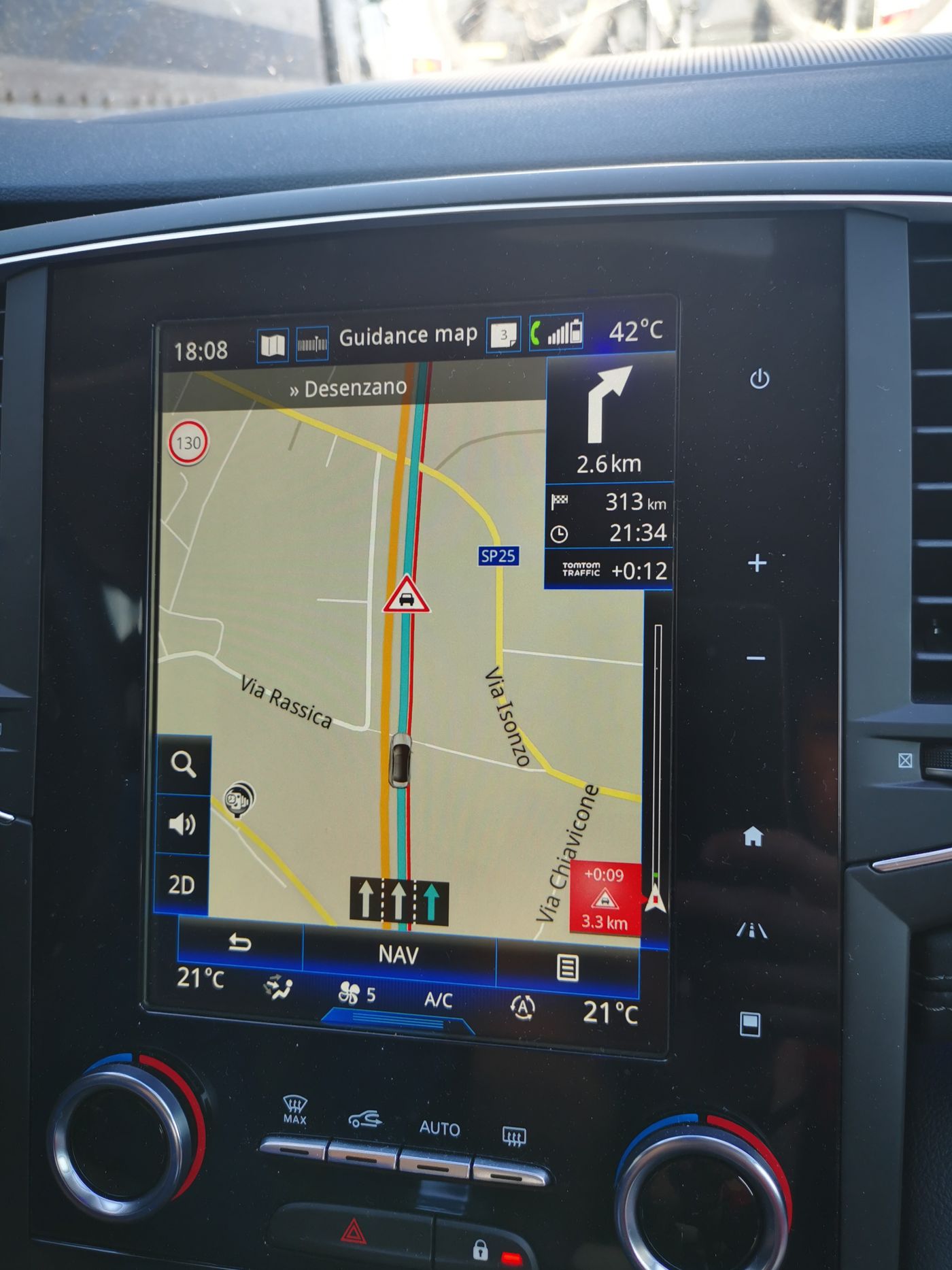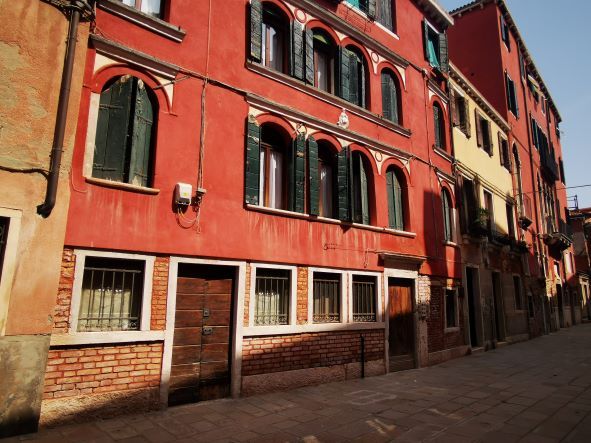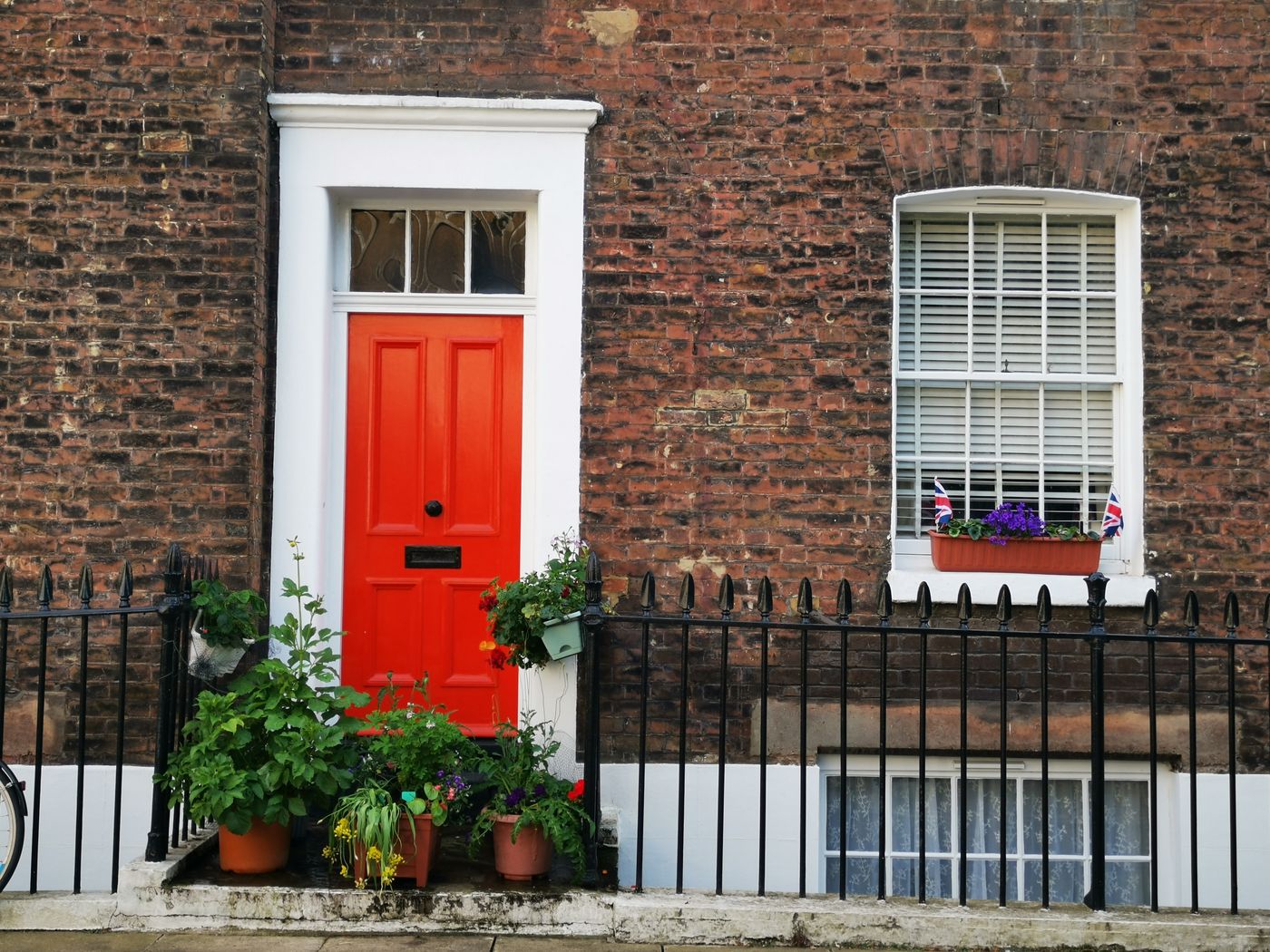
甚麼都由好奇而起,甚麼都慢過人,只懂寫字
In Europe, there is no air-conditioning and no fan in the summer

The heat wave in Europe this summer is amazing. The highest temperature in many countries and places is more than 40 degrees. If it is in the shade of trees or buildings, it can be tolerated. If it is in the sun, the high heat in the air will make the whole person feel hot immediately. A one-minute walk is also a test. No wonder Spain, Italy, Argentina and other countries have lunch breaks in the hot summer, most retail stores are closed, and at most only restaurants remain open. Smaller towns were dead silent at noon during the heat wave warning.
In July, I was driving on an Italian highway on a Friday. On the way to the store next to the gas station, I felt that the road was hot as soon as I got off the car. The temperature sign was 42 degrees Celsius. It was around two o'clock, which is usually the hottest time; European summer sunshine is long, four hours later, the hour hand always indicates evening, but the temperature outside the car is still 42 degrees Celsius! I have never experienced such a high temperature in Hong Kong, which is subtropical!
However, in this sweltering summer, in several European places where I have lived for a short period of time, except for restaurants, hotels and supermarkets, there is no air-conditioning in the houses, and fans are not widely used. How can residents survive the high temperature? They say that local buildings, especially residential, use Double-layer insulating glass, with wooden curtains or wooden windows outside, pull down or close when the sun is high, stop the heat outside, and pull up the wooden curtains and open the windows at night to let in the natural cool breeze.

For Hong Kong people, this is almost unbelievable. It is normal to turn on the air conditioner in summer, but only turning on the fan is already powerful. Hong Kong does not explicitly require the installation of double glazing, but only requires "energy efficiency", so developers are naturally happy to save costs and do not install wooden curtains or wooden windows.
The humidity in Europe is not high (no more than 70%), and there is no uncomfortable stickiness in hot summer; buildings are not high, and residential buildings are rarely higher than ten stories. Most urban buildings do not exceed three stories. Every household has a separate house; the buildings are not dense, there is no screen and valley effect, when the sun gradually falls, the high temperature of nature gradually dissipates, and there is little installation of air conditioners, and there is no mechanical discharge of heat energy. Or the hills are secluded, and it is cool in the evening. When the night is getting darker, it is not surprising to wear a jacket. The outdoor temperature may only be more than 20 degrees Celsius. Therefore, open the window at night, and the cool wind will blow into the room to cool down. Close the window and close the wooden curtain during the next day , the "stored" cold air comes in handy. During my stay, it was confirmed that even if it was very hot during the day, I had to cover my bed at night without a fan at all.
It is geography that affects architectural design and life. Life shapes people's thinking, and cultural habits are gradually formed . To understand the humanities of a place, geography should begin. Hong Kong's reliance on air-conditioning has reached a vicious cycle. When other households or shops turn on large air-conditioning, the hot wind from the air-conditioning is "forced" to turn on the air-conditioning, which aggravates the screen and canyon effect in Hong Kong, and the street temperature is higher. Commercial buildings need to increase the air-conditioning to make people feel instantly comfortable . Even if Hong Kong women wear vests in summer, they always bring thin shawls or jackets. Europeans living in Hong Kong also feel that the air-conditioning in Hong Kong shopping malls is too large and they follow the custom.
In the midsummer many years ago, at 7:00 p.m. in Clear Water Bay, the cool breeze was blowing. As soon as I returned to Tseung Kwan O, I felt the hot wind blowing my face. It is a dream in Hong Kong to be able to live in a place where there is no need to turn on the air conditioner and only rely on the natural wind.
In my impression, there are few windows in the UK with wooden curtains or wooden windows outside the glass windows. Is the thermal resistance of its buildings different from those in continental Europe?
Even if there is air-conditioning in the European places I have visited, it will not be as "generous" as Hong Kong. It may take a while to feel cool. However, not every building is adorned with air-conditioners, which is much more visually comfortable.

Like my work?
Don't forget to support or like, so I know you are with me..
Comment…